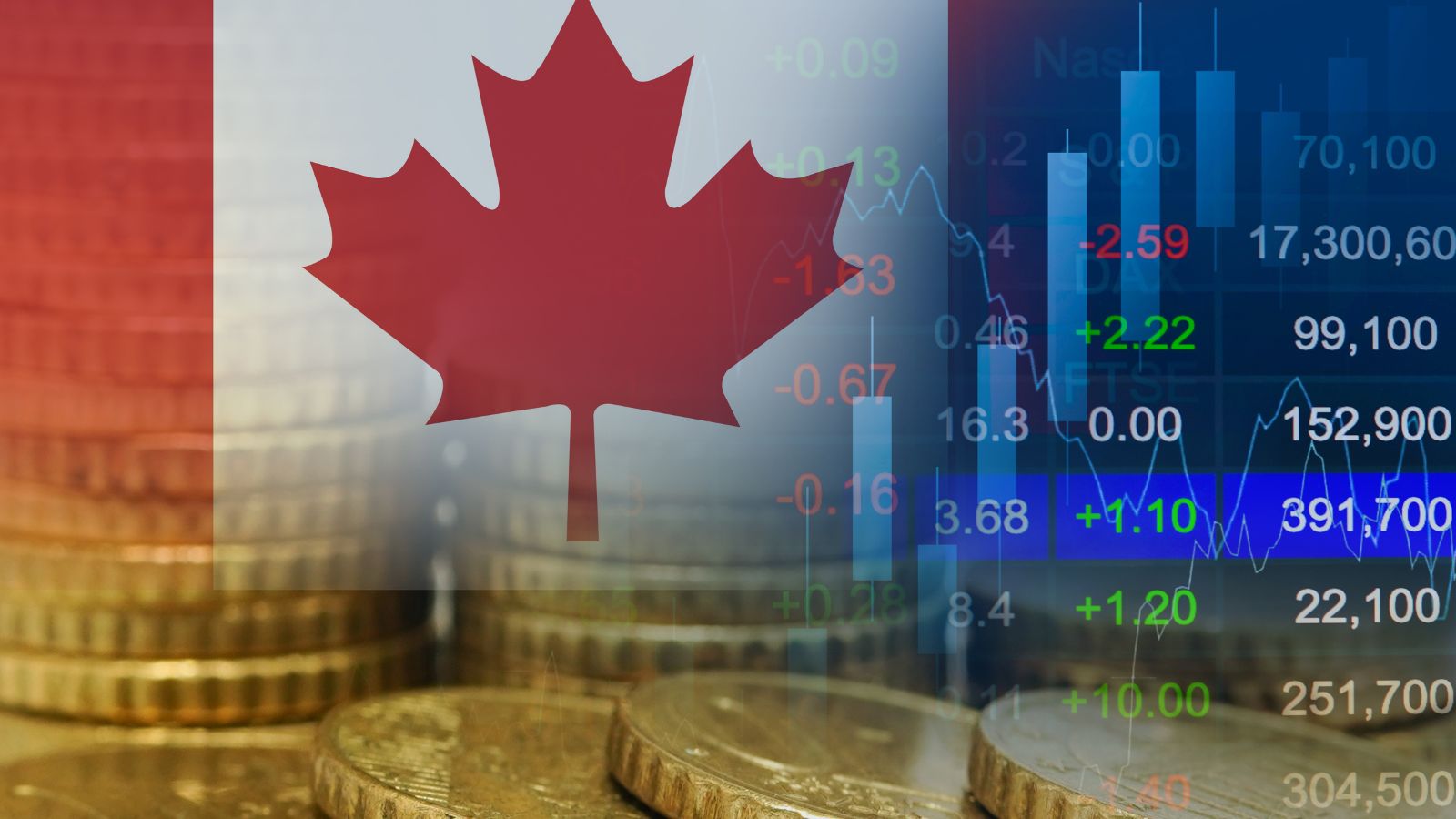When comparing neighboring countries, it’s easy to focus on shared values and culture. But the differences, particularly in how societies are structured and governed, can be just as telling. While the United States has long been seen as a global leader, there are areas where Canada has quietly outpaced it in wisdom and foresight. This article explores 22 ways Canada proved smarter than America.
Universal Healthcare

Canada’s single-payer healthcare system is often cited as one of its proudest achievements. Unlike the United States, where access to healthcare can be financially devastating for many, Canadians enjoy universal coverage funded through taxes. This system results in lower administrative costs, broader access, and overall healthier outcomes for the population. While it’s not perfect, the Canadian model demonstrates a clear commitment to treating healthcare as a human right, not a privilege.
Stricter Gun Laws

Canada’s approach to firearms is rooted in regulation, accountability, and safety. Unlike the United States, where gun violence and mass shootings are tragically common, Canada requires background checks, waiting periods, and licensing for gun ownership. This has contributed to significantly lower rates of gun-related deaths. By prioritizing public safety over unrestrained gun rights, Canada has taken a more rational and preventative stance.
Legalization of Cannabis

In 2018, Canada became the second country in the world to fully legalize cannabis nationwide. The policy not only decriminalized use but also created a regulated industry that contributes to the economy and public health efforts. Meanwhile, America remains a patchwork of conflicting state and federal laws. Canada’s approach reflects a mature, evidence-based decision to shift from punishment to regulation.
Multiculturalism as Policy

Canada officially adopted multiculturalism as a government policy in 1971, encouraging cultural diversity and inclusion. This formal recognition helps immigrants maintain their identities while integrating into Canadian society. In contrast, America has often leaned toward assimilationist ideals, leading to cultural tension and identity struggles.
Ranked Higher in Quality of Life

Repeatedly, global quality of life indexes place Canada above the United States in areas such as safety, education, healthcare, and environmental quality. Canadians generally report higher levels of happiness, lower poverty rates, and a stronger social safety net. These indicators suggest a more balanced and humane approach to governance. When it comes to overall well-being, Canada’s long-term thinking yields better outcomes.
Better Public Education System

Canada consistently outperforms the U.S. in international education rankings. Public schools are well-funded and teachers are respected and well-trained, contributing to high literacy and graduation rates. There’s also less emphasis on standardized testing, which allows for more comprehensive and individualized learning. Canada’s investment in education reflects a smarter, future-focused strategy.
Less Political Polarization

While Canada has its share of political disagreements, it has managed to avoid the extreme polarization gripping American politics. The political climate remains more civil, and compromise is still possible within the Canadian parliamentary system. This allows for more stable governance and a greater focus on practical issues over partisan warfare. Canada’s ability to maintain political decorum reflects a more mature democratic ethos.
No Electoral College

Canada’s electoral system ensures that the popular vote plays a central role in determining election outcomes. Unlike the U.S., where the Electoral College can lead to presidents winning without a majority of votes, Canada’s parliamentary structure better reflects the will of the electorate. This system fosters more representative democracy as it’s a simpler, fairer way to reflect voter intent.
Lower Incarceration Rates

Canada incarcerates far fewer people per capita than the United States. American prisons are overcrowded, disproportionately filled with minorities, and often driven by for-profit motives. Canada emphasizes rehabilitation over punishment and has a more equitable justice system. This humane approach reduces recidivism and reflects smarter criminal justice policy.
Cleaner Cities and Public Spaces

Canadian cities routinely rank among the cleanest in the world, with well-maintained infrastructure, robust recycling programs, and accessible public transportation. In contrast, many U.S. cities struggle with pollution, urban decay, and infrastructure neglect. The Canadian commitment to cleanliness and environmental responsibility enhances quality of life, a visible sign of civic pride and smart urban planning.
Stronger Banking Regulation

During the 2008 financial crisis, Canadian banks weathered the storm far better than their American counterparts. Why? Strict government regulation, conservative lending practices, and centralized oversight kept the banking sector stable. While American banks collapsed under the weight of risky speculation, Canada’s stability proved that smart regulation works.
Maternity and Paternity Leave

Canada offers up to 18 months of maternity and parental leave, allowing parents to bond with their newborns without financial ruin. In the U.S., many new parents return to work within weeks due to lack of paid leave. This Canadian policy not only benefits families but also improves early childhood development, a forward-thinking investment in the next generation.
Public Broadcasting with Substance

The Canadian Broadcasting Corporation (CBC) provides quality news, cultural programming, and educational content without being driven by commercial pressures. In contrast, U.S. media is often dominated by sensationalism and partisanship. CBC remains a trusted source for balanced, informative content, reflecting the value Canada places on informed citizenship.
Climate Change Acknowledgment

Canada has taken more proactive steps than the U.S. in acknowledging and addressing climate change. From carbon pricing to renewable energy incentives, it has attempted to align with international climate commitments more earnestly. While implementation isn’t flawless, the national discourse accepts the scientific consensus, showing that acceptance alone represents a smarter, more responsible stance.
Ban on Assault Weapons

Following high-profile shootings, Canada moved swiftly to ban military-style assault weapons. The U.S., despite numerous tragedies, has struggled to enact similar legislation due to lobbying and political gridlock. Canada’s decisive action illustrates a stronger commitment to public safety, a clear example of putting lives over profits.
Public Transit Investment

Canadian cities like Toronto, Vancouver, and Montreal have robust public transit systems that continue to receive significant investment. Compared to many U.S. cities, which are car-dependent and lack reliable transit options, Canada has shown foresight in urban planning. Efficient public transportation reduces emissions, supports economic mobility, and enhances daily life.
Same-Sex Marriage Legalized Early

Canada legalized same-sex marriage in 2005, a full decade before the U.S. Supreme Court did the same. The decision was met with widespread support and demonstrated Canada’s progressive stance on LGBTQ+ rights. It showed the nation’s readiness to embrace equality without prolonged legal and cultural battles, once again, proving Canada is more forward-thinking.
More Peaceful International Reputation

Canada’s foreign policy has historically leaned toward diplomacy, peacekeeping, and international cooperation. While the U.S. has been involved in numerous military conflicts, Canada often acts as a moderating force on the global stage. This peaceful image fosters better international relationships, showing how Canada’s soft power often earns it more global respect.
Less Influence of Religion in Politics

Religion plays a far smaller role in Canadian politics compared to the U.S., where religious ideology often influences major policy decisions. In Canada, secularism is more strongly preserved, allowing policies to be crafted with a broader, evidence-based approach. This separation ensures governance is more inclusive and rational, paving a wiser path for a pluralistic society.
Decriminalization of Drugs for Public Health

British Columbia and other parts of Canada have started decriminalizing small amounts of certain drugs as part of a public health strategy. This shift moves away from punishment toward treatment and harm reduction, addressing addiction as a medical issue. Meanwhile, much of the U.S. still treats drug use as a criminal offense. Canada’s approach acknowledges the complexity of addiction and offers more compassionate solutions.
Fewer School Shootings

Canadian schools are significantly safer, with far fewer incidents of gun violence than their American counterparts. This is partly due to stricter gun laws and a less violent gun culture, but also better social support systems. Parents can send their children to school with more peace of mind, which is a stark reflection of smarter national priorities.
Better Work-Life Balance

Canadians tend to work fewer hours and take more vacation time than Americans. This results in lower stress, higher productivity, and improved mental health. By valuing time off and personal well-being, Canada fosters a healthier, more sustainable workforce. It’s a smart acknowledgment that people are not machines.
21 Products Canadians Should Stockpile Before Tariffs Hit

If trade tensions escalate between Canada and the U.S., everyday essentials can suddenly disappear or skyrocket in price. Products like pantry basics and tech must-haves that depend on are deeply tied to cross-border supply chains and are likely to face various kinds of disruptions
21 Products Canadians Should Stockpile Before Tariffs Hit
